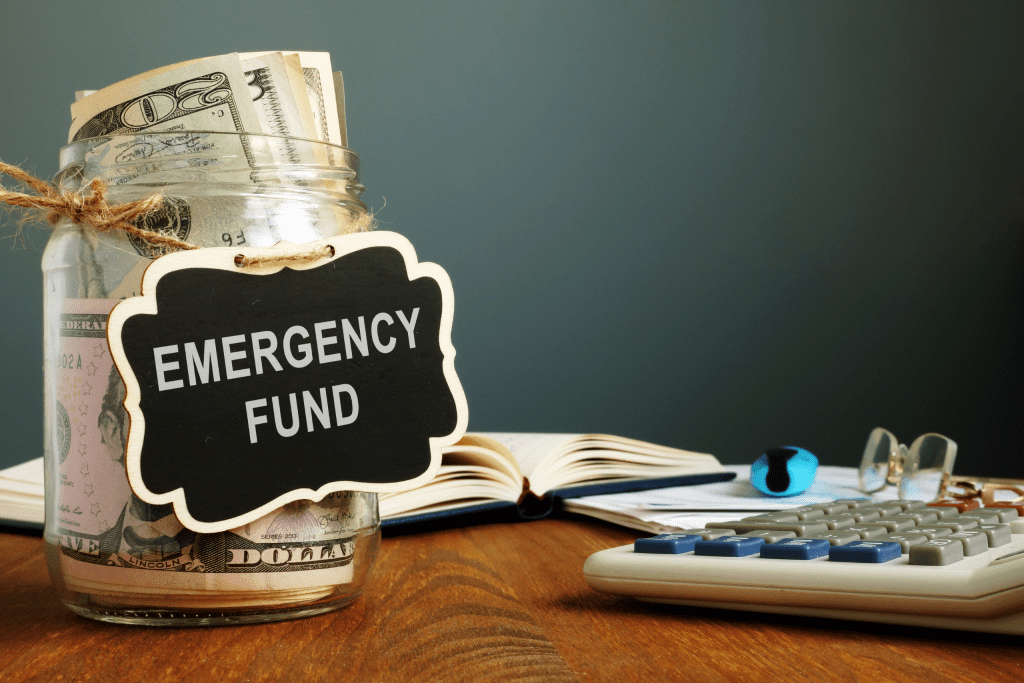
Heavens’ above! The boiler’s gone kaput, the dog has a hernia and your little darling has outgrow his school uniform, again. You need an emergency fund, fast. Making sure you have a little extra stashed away shouldn’t be about ‘saving for a rainy day’, it should be all about creating a healthy buffer zone for those times when Murphy’s Law kicks in and everything which can go wrong, does go wrong.
At The Mortgages Centre based in Ipswich, we work with mortgage seekers and mortgage holders, helping them to find the right financial solutions for them. Yet your mortgage is one of the few dependable outgoings you can rely upon. What happens when you’re hit by a great big, expensive bolt from the blue? Here our financial whizzes share some helpful tips to help you take responsibility and start growing an emergency fund.
1. Expect the worst

There’s no room for ‘blue sky thinking’ when you’re planning to survive an emergency financially. It’s time to confront the worst case scenario.
Consider the various issues which could confront you unexpectedly. Car break-downs, house repairs, vet bills, job losses. Then calculate the cost of at least two of these catastrophes occurring at once. This amount is a good target to aim for when you grow your emergency fund and should help you to feel secure, whatever misfortune comes your way.
2. Start small, but don’t panic

Unfortunately, you’re not going to be able to hit this target right away. You’re going to need to let your fund build up. Put as much as you can manage away each month and remember: you’re taking a really positive step and addressing future risk – it’s OK to be some distance off from your target amount. You’ll get there!
If you’re earning a steady wage with consistent, well budgeted outgoings, you could even consider automating the process and making direct monthly, weekly or even fortnightly deposits into a savings account. You’ll be surprised at how quickly a good sized fund can accumulate.
3. Make it accessible

This money needs to be immediately accessible, but you’ll also want it to start earning some interest while you wait for fate to strike! A savings account is probably the best option, instant access ISAs could work for you, but steer clear of ISAs with regulations about when you can and cannot access your money.
4. Don’t be tempted

We know you’ve worked hard all year, and we know how inviting those golden beaches and sparkling seas can be, but don’t be tempted to dip into your emergency fund. This should be a permanent buffer that protects you against unforeseen expenses, not a rainy day fund – no matter how virtuous you may be feeling!
We can’t protect you against sheer bad luck, but at The Mortages Centre, based in Ipswich, we can help you to make smart decisions about your future and your mortgage. To learn more contact our experienced team today.
- Financial Advice



